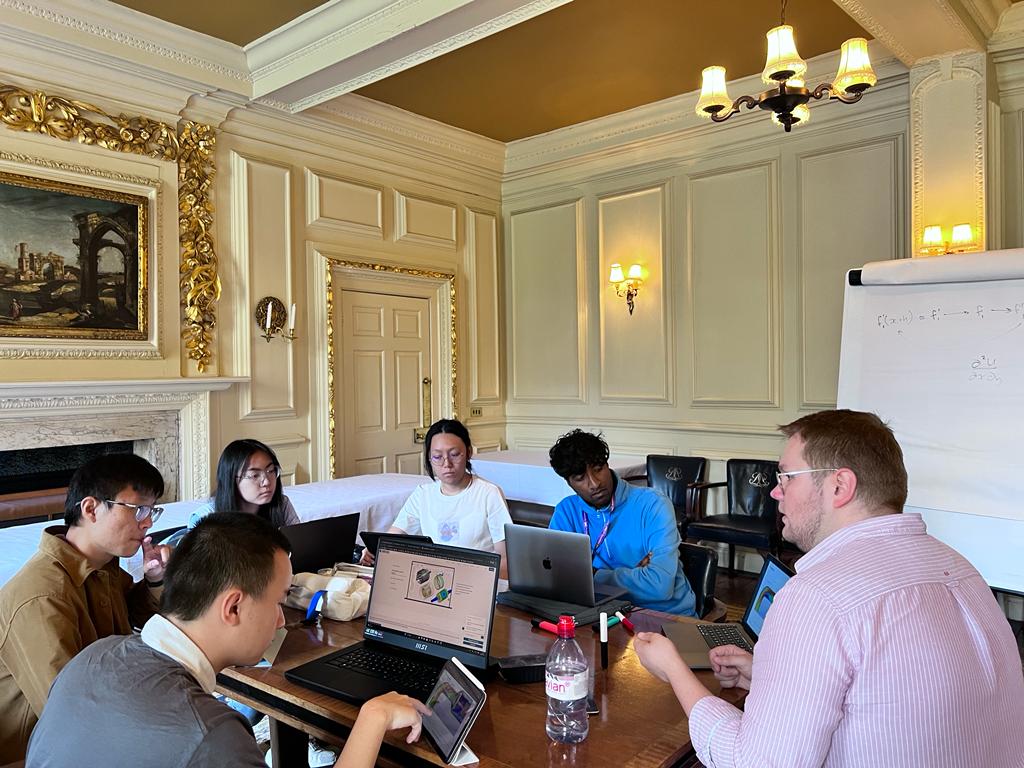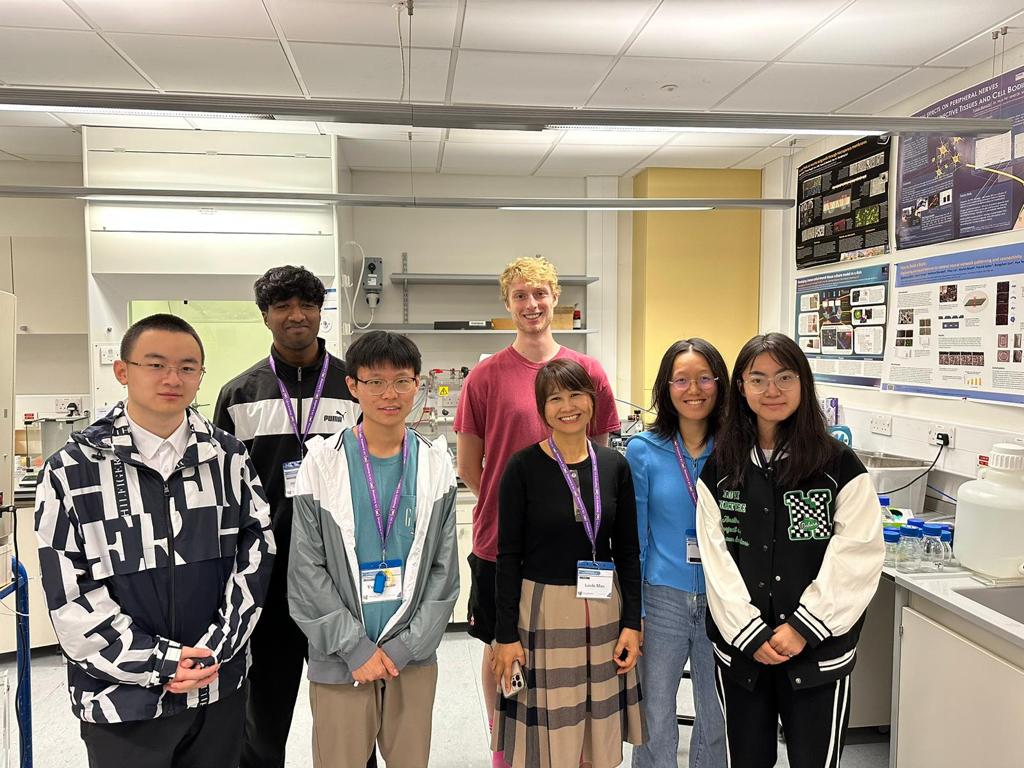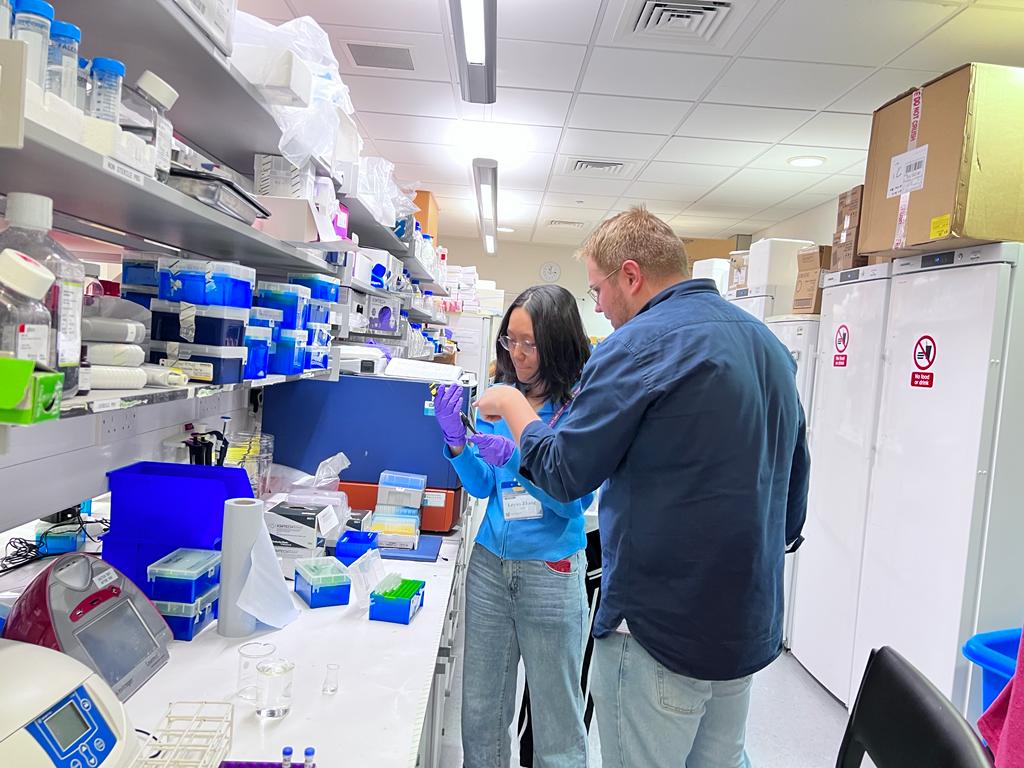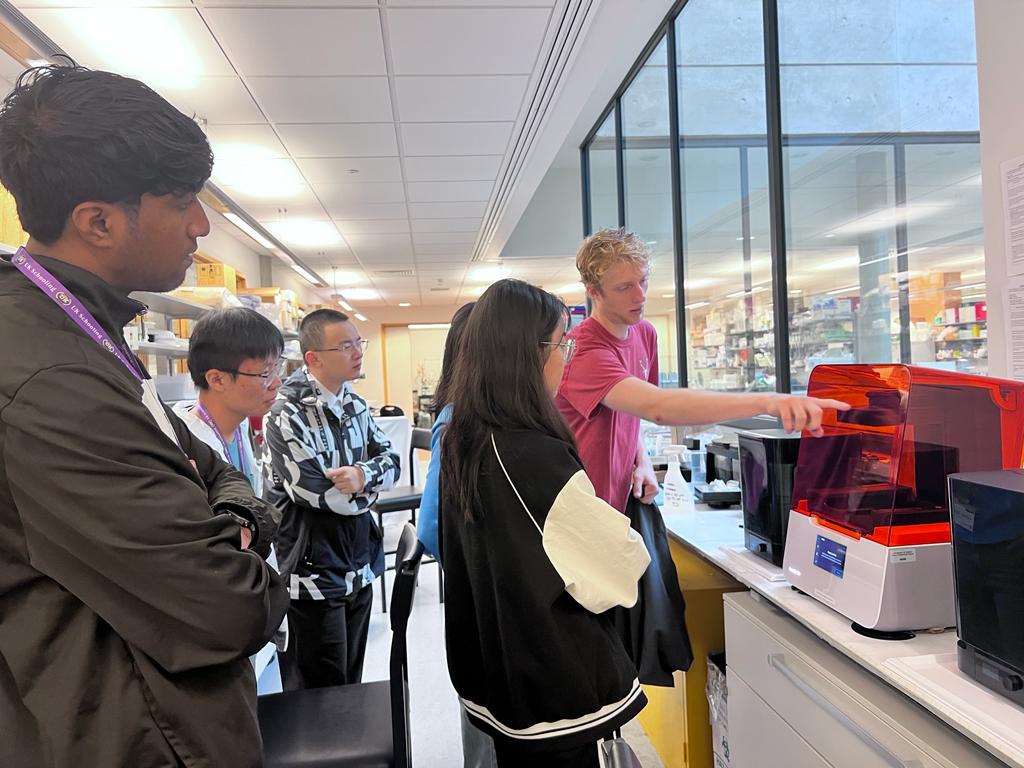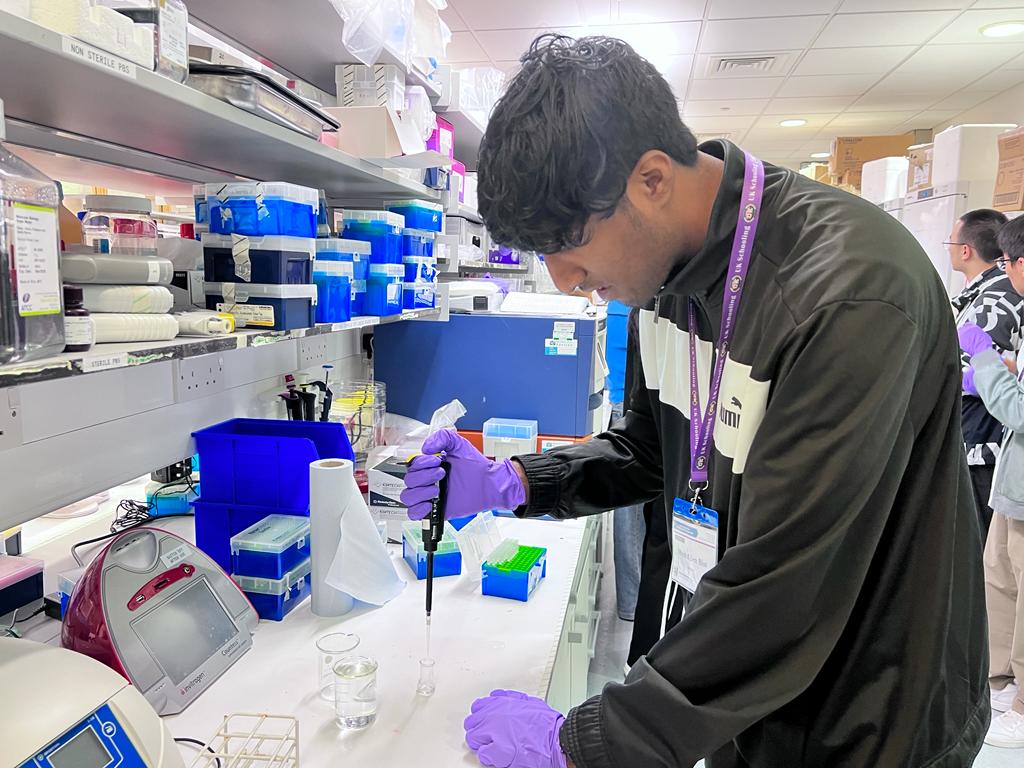Courses
Engineering
Fluid Mechanics and Physiological Flows
Our engineering units are developed to take students through a remarkable exploration of modern engineering science, from the theory of how fluids move through our blood vessels to the mechanics of modern aircraft. Both are open to students whose background is not in engineering, but we do recommend good mathematical skills as a foundation.
Our first course explores a phenomenon that is all around us, from the air we breathe to the blood running through our veins, and everything in between. Understanding the complex mechanics at play in these systems helps us not only understand the human body, but can aid in improving drug delivery, cancer treatment, tissue engineering methods, and the development of a plethora of medical treatments to help and support us.
This unit includes a visit to Oxford’s world-leading Institute of Biomechanical Engineering.
Course 2
Engineering Applications of Heat Transfer and Fluid Mechanics
In our second course you will explore the concept of heat transport mechanisms and the theory of fluid mechanics in engineering practice especially aerospace application.
Heat is a form of energy that is transferred from one body to another as a result of temperature differences. And fluid mechanics is the branch of physics that deals with the study of forces and flow within fluids. In fluid mechanics, the study of heat transfer is often referred to as thermal fluid dynamics.
This course will enable you to understand and apply a series of analysis procedures to solve a range of relevant problems and quantify errors in measurement techniques and includes visits to the Engineering Science Department.
Course Photos
Videos
Subject Tutors
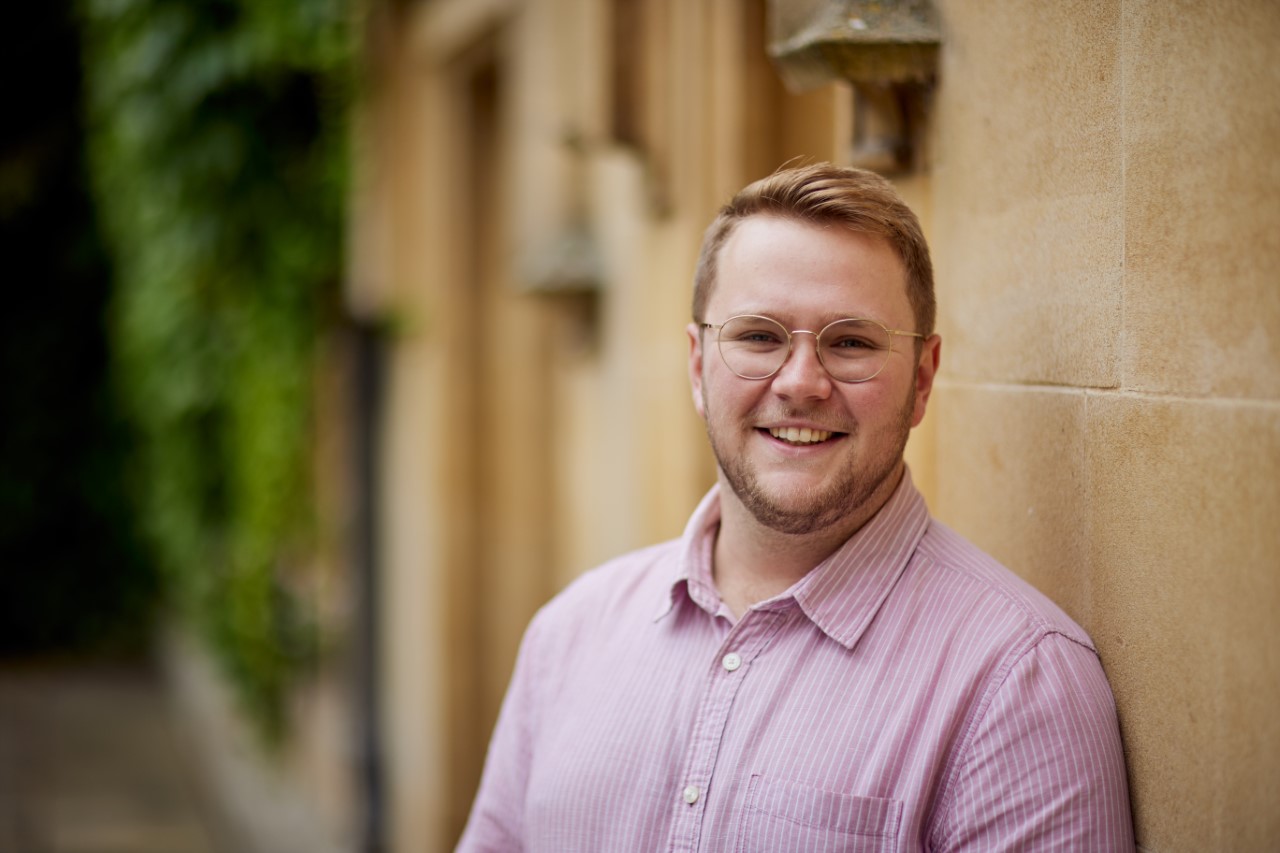
Mr George Booth,
George is an applied mathematician, focused on the mathematical modelling of fluid and mass transport phenomena for applications in biomedical research. Alongside experimental collaborators, his DPhil project focuses on the design and optimisation of novel tissue engineering bioreactors inspired by human vasculature, utilising a combination of asymptotic and numerical techniques to reveal a mechanistic understanding of in vitro tissue growth.
Prior to commencing his PhD at Oxford, George completed his Masters degree in Chemical Engineering at Imperial College London (MEng, 2019). Alongside his studies, George is a Lecturer in Study Skills at Lincoln College and Class Coordinator for the Quantitative Biochemistry undergraduate course, and continues to supervise Masters student projects at the Institute of Biomedical Engineering.

Dr Nafiz Chowdhury,
Nafiz Chowdhury received his MS and PhD degrees in Mechanical Engineering at the University of North Dakota and Texas A&M University respectively. Upon finishing his PhD, he joined Oxford University in 2017 to take up a post-doctoral position in the engineering science department. After 2 years of post-doc, he started working as a senior researcher in the department where he manages the Engine Component Aerothermal Test (ECAT) Facility at the Oxford Thermofluids Institute. This is a major test facility for high technology-readiness-level research, new technology demonstration, and engine component validation for aircraft engines. Since 2010, his research has been performed in collaboration with many industrial partners – Rolls-Royce Holdings plc (UK), Solar Turbines Inc. (US), Siemens Energy Inc. (US), Honeywell Aerospace (US), Department of Energy (US) and Samsung Techwin (South Korea). He has worked at Lincoln College since 2022 as a lecturer in Engineering Science.
Prior to commencing his PhD at Oxford, George completed his Masters degree in Chemical Engineering at Imperial College London (MEng, 2019). Alongside his studies, George is a Lecturer in Study Skills at Lincoln College and Class Coordinator for the Quantitative Biochemistry undergraduate course, and continues to supervise Masters student projects at the Institute of Biomedical Engineering.

